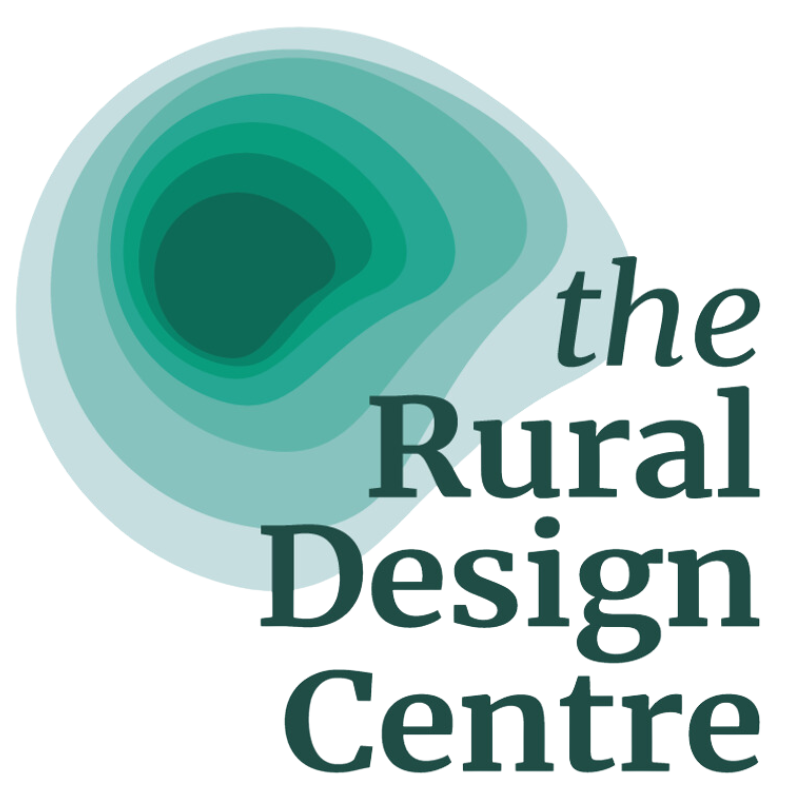Social Value: From tick boxes to real impact
At the Rural Design Centre (RDC), we’re working with partners across the UK to shape a future where social value isn’t just a requirement—it’s a meaningful, measurable force for good in every community.
What is social value?
Social value refers to the broader impact organisations have on people and places, beyond just financial cost. It includes employment, sustainability, skills development, and community support.
With the new Procurement Act and guidance requiring public bodies to evaluate social value in relevant contracts, it’s becoming a core consideration across industries.
But here at RDC, we’re asking a bigger question:
How do we move beyond box-ticking to create real, lasting impact?
What we’re hearing
Through the NE Chamber of Commerce’s social value forums, we’ve heard from charities, councils, businesses, and community organisations across the region. There’s a lot of great work happening, but also shared frustrations:
Disjointed efforts with multiple frameworks used in isolation
Accessibility barriers, especially for SMEs and micro businesses
Unnecessary complexity with confusing reporting and duplicated effort
How we’re supporting change
We believe social value should be co-designed with communities and rooted in real local needs. Here’s how we’re helping:
Listening and research, where we engage with local authorities, businesses, VCSEs, and education providers to map what’s working, and what isn’t.
Designing better tools by exploring how we could design practical solutions that help organisations better understand and deliver social value. Some of the ideas we’re looking into include:
We’re looking to help a regional “social value marketplace” that brings together existing methodologies, frameworks, and tools into one accessible platform, helping organisations choose the most suitable approach for their context.
Simple impact categories, like jobs, green spaces, and youth skills, that we could explore in depth to ensure each area reflects the real needs and priorities of the people it’s meant to serve.
A tiered procurement model to support small organisations, with clearer expectations and scaled requirements depending on organisation size and capacity. This could also include a buddying system, where larger contractors mentor or collaborate with smaller businesses or VCSEs to help them navigate procurement processes and deliver on social value goals.
A community bank to fund local projects—potentially supported by contributions from contractors who are unable to fully deliver on their agreed social value commitments, ensuring value is still retained and reinvested in local communities.
Championing participation
Amplifying rural voices and support solutions shaped by lived experience, not just data.
What’s next?
We see a huge opportunity for a coordinated regional approach that supports:
Better alignment and accountability
Easier access for smaller organisations
Stronger, more measurable outcomes
Want to get involved?
Whether you’re a business, charity, or public body, if you want to help turn social value into shared value, we’d love to hear from you. Contact us to get involved.

